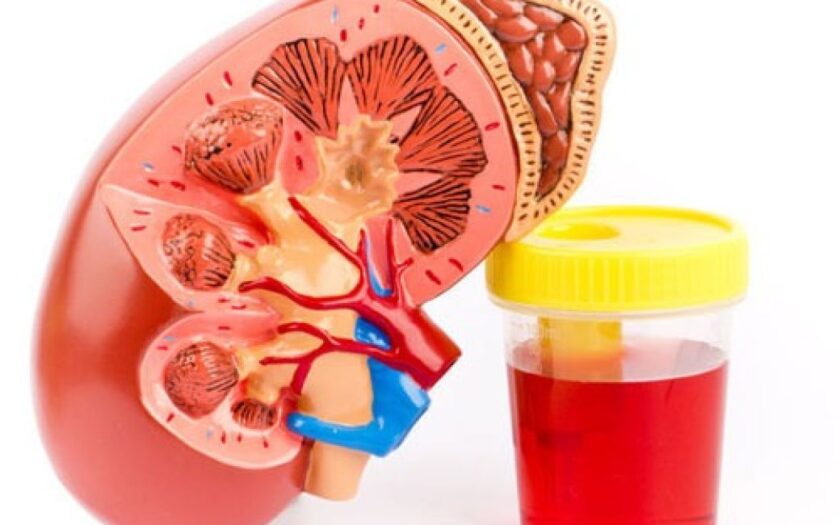Hoarseness refers to a change in the voice that makes it sound raspy, strained, or weak. It is often caused by inflammation or irritation of the vocal cords, which can result from conditions like viral infections, overuse of the voice, or allergies. While hoarseness is usually temporary and resolves with rest, persistent hoarseness may indicate underlying issues such as vocal cord nodules or gastroesophageal reflux disease (GERD). Proper diagnosis and treatment are important to manage symptoms and prevent further complications.
What Does Being Hoarse Mean?
A hoarse voice refers to a rough, raspy, or breathy sound when speaking. It occurs because the vocal cords are strained. In children, this can result from common activities like cheering, singing loudly, or shouting. Temporary hoarseness usually resolves on its own. However, if hoarseness persists for days, weeks, or months, it’s important to see a doctor for an evaluation.
What Are the Vocal Cords?
Vocal cords are delicate tissue bands in the larynx (voice box). When speaking, air from the lungs causes the vocal cords to tighten and vibrate, producing sound. This sound, combined with movements of the tongue, lips, and teeth, creates the voice.
What Causes Chronic Hoarseness?
Chronic hoarseness often results from misuse of the vocal cords, such as frequent yelling or speaking in an unnatural tone. Over time, this can lead to small calluses or nodules on the vocal cords, which are the most common cause of chronic hoarseness in children. Nodules can form from prolonged yelling, changing voice pitch, coughing, or talking too loudly.
Other causes include vocal cord paralysis, growths, smoking, sinusitis, allergies, GERD, and radiation therapy.
How Are Vocal Cord Nodules Diagnosed?
An ENT specialist will assess a child with chronic hoarseness by examining their medical history, listening to their voice, and conducting a laryngoscopy. This test uses a scope to view the vocal cords and determine their function.
How Is Chronic Hoarseness Treated?
Treatment for hoarseness from vocal cord nodules focuses on behavior changes to allow the vocal cords to heal. Speech therapy helps kids practice good vocal hygiene, which includes avoiding behaviors like yelling, taking deep breaths while speaking, and staying hydrated. Parents can help by modeling good vocal habits and encouraging quiet time.
How Can Parents Help?
Parents can support their child’s vocal health by setting a good example, promoting indoor quiet time, and rewarding positive behavior changes. Encouraging kids to avoid yelling or straining their voice can prevent future vocal cord issues.



